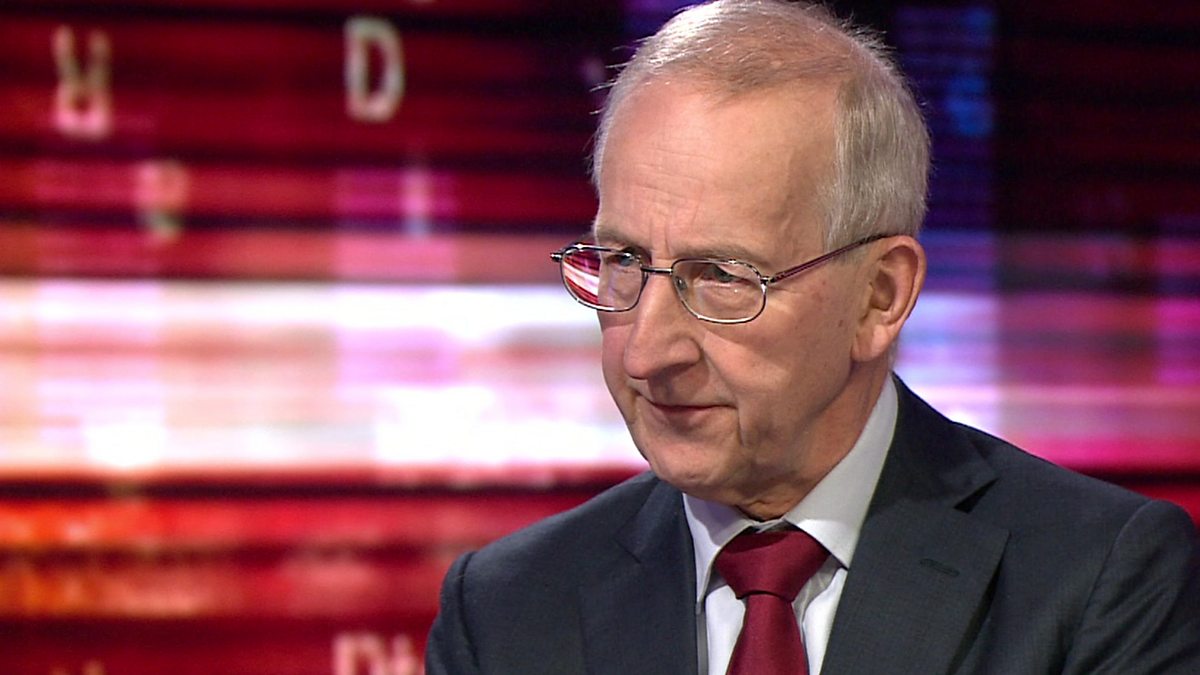RUSI issues controversial report on European security
 LONDON--
LONDON-- A task force of the Royal Uniformed Services Institute, Rusi, issued a report calling for greater defence integration between the United Kingdom and Europe. The task force was co-chaired by Lord Peter Ricketts, the United Kingdom's first national security advisor, and General Sir Richard Shirreff, a former Deputy Supreme Allied Commander Europe.
While recognising that the United States remains the United Kingdom's most important strategic ally, it notes that there is a fundamental divergence in interests. "The United States repeatedly emphasised a 'pivot to Asia'," said Lord Ricketts at a launch event for the report. "The reality for Britain is that, with the current state of relations with Russia, a pivot to Asia is not in the interests of British security. A focus on Europe is." The report claims that Russia is the United Kingdom's (and Europe's) primary geostrategic threat.
General Sir Richard commented, saying that, "The reality, one that I am acutely aware of from my time as Deputy SACEUR, is that NATO is not prepared for a challenge by Russian forces. The Black Sea debacle of last year is proof of that. The lack of a reaction to Russia seizing Belarus, functionally, and parts of the Donbas are proof of that. There's been a complacency in the United Kingdom for years that has weakened our forces dramatically. At this point, I would be shocked if we could field a full division in response to a contingency on NATO's Eastern flank. And it's spread throughout Europe."
Among other recommendations, the report specifically calls for better integration of European ground forces. "The only ground war of consequence that could happen in the next decade that the United Kingdom will be involve in is in eastern Europe," claims the report. "While there is also a need for stability and counterterrorism operations, the bulk of British ground capacity should be focused towards deterring European conflict. This should be bolstered by cooperation with European allies to prevent redundancy in force deployment."
A Rusi analyst commented that, "Redundancy is a broad term. But the reality is that the United States is very large and fields a large, comprehensive military. In Europe, you have a number of much smaller nations each trying to field comprehensive ground forces. Some of this could be reduced if you made one nation the lead on anti-aircraft capabilities, one nation the lead on armour, and so on and so forth. At a minimum, we should take a look at more integrated technology development - spreading the costs amongst European allies - rather than trying to do it ourselves."
At the launch event, Lord Ricketts said, "The military dimension is truly where Britain can lead in Europe. I hope that we can build on the principles announced nearly two decades ago at Saint-Malo to restore Europe in European security."
Analysts associated with The Bruges Group, a Euroskeptic think tank, called the report "a manifesto for abandoning the transatlantic alliance." One analyst said, "European defence integration would be the death of NATO and the death of the special relationship between the United Kingdom and United States. This report, like the Saint-Malo declaration, should be sent to the dustbin of history, where it belongs."
Asked about the report, a spokesperson for the US Embassy in London said that, "The United States welcomes efforts for European nations to take on additional responsibility for European security under the auspices of NATO."
